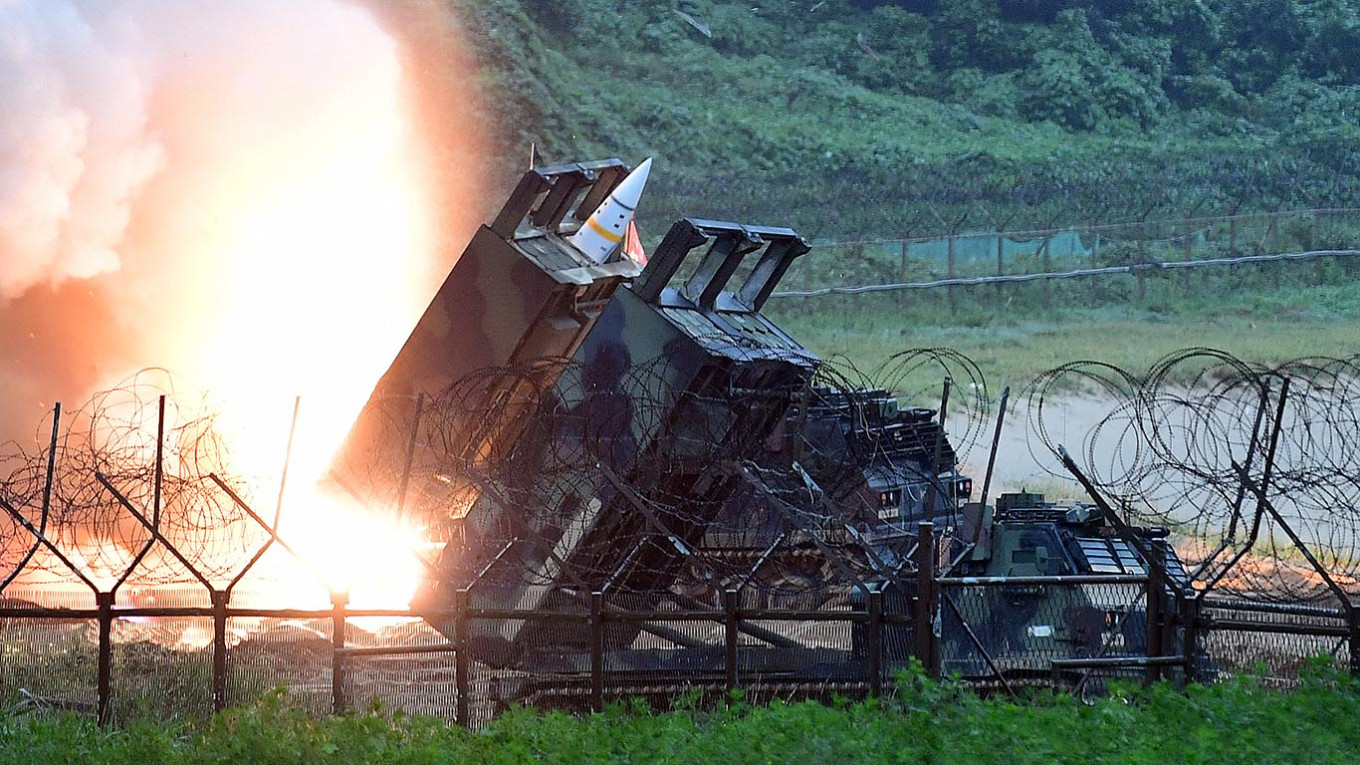German Chancellor Friedrich Merz disclosed on Monday that Ukraine’s allies—including Britain, the United States, France, and Germany—have removed all restrictions on Ukraine’s use of Western weaponry to target military assets within Russian territory. This move seemingly aims to enhance Ukraine’s operational flexibility in its defense efforts.
However, the situation became less straightforward the following day. On Tuesday, Merz’s deputy and Finance Minister, Lars Klingbeil, clarified to reporters that “There is no new agreement that extends beyond what was previously established by the former government.”
Merz’s predecessor, Olaf Scholz, had previously resisted demands to provide Ukraine with German-made Taurus missiles, even excluding them from consideration during a debate in the February elections. He argued that such a decision could embroil Berlin in direct conflict with Russia.
Merz’s remarks following Klingbeil’s statements did little to clarify the confusion surrounding the issue. During a press conference in Finland, he stated, “The matter of restricting the range of deployed weapons was relevant several months or years ago. As far as I’m aware, and as I mentioned yesterday, the nations that imposed these limitations have long since moved past these requirements.”
“In this light, what I described yesterday in Berlin reflects a reality that has been evolving over months: specifically, that Ukraine is entitled to use the weapons it acquires, even beyond its own borders, against military targets within Russian territory,” he continued.
Kyiv has been urging Berlin to provide its Taurus missiles, which have a range of up to 500 kilometers—significantly surpassing the capabilities of the British Storm Shadow, French SCALP, and American ATACMS missiles already in Ukraine’s inventory.
Although Merz expressed support for delivering these missiles while in opposition, it remains uncertain if Taurus missiles will be integrated into Ukraine’s military resources.
This month, Merz announced that Germany would cease public discussions regarding the Taurus missiles—partly due to strategic considerations.
Merz noted that President Vladimir Putin, having served as a KGB agent in East Germany, understands German, which adds a layer of complexity to the discourse on Taurus missiles. If this issue causes rifts within Merz’s coalition or across parliament, it could create openings for Moscow to weaken German public confidence in their leaders.
Nonetheless, Merz and Defense Minister Boris Pistorius have both criticized dissenting opinions, which include fears of Germany becoming a participant in a conflict with a nuclear power. As of 2024, only 36% of Germans supported sending these weapons to Ukraine, and a majority expressed skepticism regarding increasing military expenditure.
A report from the U.S.-based Institute for the Study of War identified over 200 military targets on Russian territory within the 300-kilometer range of munitions currently available to Kyiv. The Taurus missiles could extend this reach toward Volgograd and potentially close to Moscow.
Despite this, experts have warned against assuming that the Taurus missiles could dramatically change the war’s outcome on their own.
“No weapon is a magic solution,” stated Ed Stringer, a retired Air Marshal and former director of Britain’s Joint Force Command, in comments to The Moscow Times. “However, it’s a significant logical error to claim that because no single weapon can win a war, all weapons are expendable.”
Kremlin spokesperson Dmitry Peskov remarked on Monday that removing missile range restrictions would pose risks for Ukraine and its allies, emphasizing, “These potential decisions, if indeed taken, are totally contrary to our goals of achieving a political resolution.”
For years, Moscow has cautioned that deploying Western weapons to strike targets within Russia holds the potential for escalation. Nevertheless, British Storm Shadow missiles have been utilized since 2023 to hit locations in occupied Crimea and the Zaporizhzhia region, areas that Russia claims as its own. Peter Dickinson of the Atlantic Council noted that this has “mocked” Moscow’s declared boundaries in the conflict.
The Biden administration granted Kyiv authorization to target sites in Russia with U.S.-made ATACMS missiles in November 2024. That same year, three lieutenant colonels in the Russian Air Force were killed in a Storm Shadow strike in Russia’s Kursk region. However, there are no verified reports of French SCALP missiles being deployed against recognized Russian territory.

